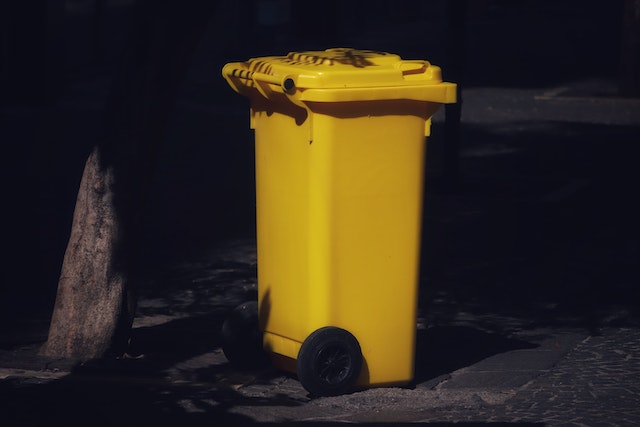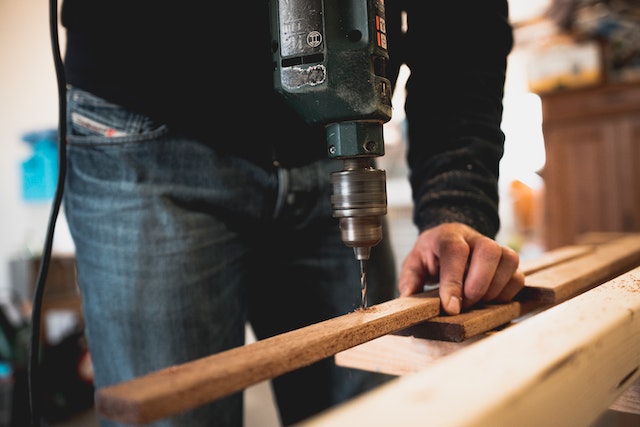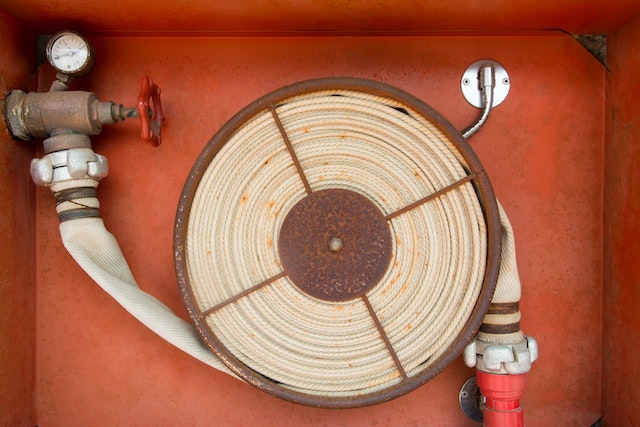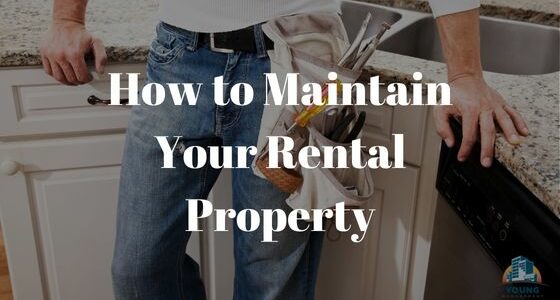Maintaining a rental property is a responsibility shared by both the landlord and tenants. In fact, the landlord-tenant law stipulates the duties of both tenants and landlords to ensure that the property remains habitable and conducive for living.
As a landlord, it’s important to take care of your rental property because this is your income-generating asset. Performing routine inspections is a great strategy as it can help you identify certain issues early on while they are still relatively easy to fix.
Similarly, tenants have an equal obligation to make sure that the property is well taken care of. Since tenants are the ones staying at the premises, they should be responsible for keeping the cleanliness and safety of the rental unit. If they notice any issues, it’s crucial that they inform their landlords right away so these problems can be resolved.
Landlords’ Property Maintenance Responsibilities
According to the landlord-tenant law, landlords, being the owners of the rental properties, have legal responsibilities to keep their rental units well-maintained and habitable. The requirements may differ from one state to another, but the following common legal responsibilities typically apply to all states:
1. Supply Trash Receptacles to the Tenants
Landlords are expected to provide tenants with sufficient trash receptacles. Trash bins must be sized appropriately for the number of tenants on your property, and they should be able to accommodate the volume of trash generated. You also need to consider the number of times trash is collected per week when deciding on the size of the garbage bins.

Local towns often require enclosures around trash receptacles. These can be constructed by the landlord themselves, or a contractor who knows how to install them. It’s best to reach out to your local town hall to learn more about these ordinances.
2. Provide Running Water
All tenants have the right to access running water at the rental unit. Landlords must ensure that they have enough water supply for the tenants. Tenants also have the right to access a functioning toilet, shower, and sink. In most states, a functioning water heater is required so tenants can access hot water when they need to.
3. Comply with All Building Codes
A safe and healthy environment is one of the requirements for a habitable property. As a landlord, you must comply with all the safety codes under your state’s landlord-tenant law and local ordinances.
A few examples of building codes include a maximum number of people who can live in the premises, proper locations for smoke and carbon monoxide detectors, and structural safety of the rental unit. Also, you must abide by health-related rules and regulations, such as mitigating mold issues, lead paint concerns, pest infestations, and issues with asbestos.
4. Perform the Necessary Repairs Within a Reasonable Timeframe
One of the most important responsibilities of a landlord is to address repair and maintenance concerns to maintain the habitability of the rental home. When tenants report a repair issue, it’s recommended to address the problem as soon as possible.

The general rule is that any repairs due to normal wear and tear or to the property’s faulty structure should be handled and covered by the landlord. However, if the repairs are needed because of tenants’ abuse or negligence, then the cost of repairs should be charged to the tenants.
5. Ensure all Important Amenities are Working Properly
As the property owner, it’s your responsibility to provide all the vital services and amenities to your tenants so they can live in the property comfortably and safely. You should make sure that the plumbing, heating, gas, electricity, and appliances that you supplied are in working condition.
On the other hand, if the tenant is responsible for paying their own utilities, then they should keep their payments updated to avoid these services from being cut off.
Tenants’ Property Maintenance Responsibilities
Tenants also have a legal responsibility to maintain the upkeep of the rental home. The requirements may also vary from one state to another, but in general, tenants are expected to do the following:
1. Avoid Damaging the Rental Premises
Tenants are expected to respect the rental property and treat it with care. Any damage due to abuse, neglect, or violation of their responsibilities should be charged to the tenants.
2. Keep the Property Free from Safety Hazards
One of the safety rules is to ensure all emergency exits are accessible. Tenants should not block the exits with their personal belongings.

What’s more, tenants are prohibited from tampering with smoke or carbon monoxide detectors, and they should not remove the batteries from them.
3. Abide by the Building and Housing Codes
Just like the landlords, tenants are also expected to follow the rules stipulated in the building codes. For instance, if the code states that the premises are only for a maximum of five people, the tenants should not house any unauthorized residents to stay in the property.
4. Keep the Premises Free from Sanitation Hazards
Tenants should be responsible for throwing away their garbage properly. They should be provided with proper trash receptacles where they should place their trash until they are collected. Tenants should not let trash pile up inside the premises to avoid odor and other health issues.
Other Ways to Keep the Property Well-Maintained
Landlords can also perform additional tasks to ensure that the property remains in its best condition, such as:
- Regular inspection and property upgrades
- Seasonal maintenance, such as raking leaves, cutting grass, and cleaning the gutters
- Keeping common areas clean
Tenants can also do some optional tasks to take care of the property:
- Take out the garbage consistently when it’s being collected
- Keep landlord informed of any needed repairs, even small ones
- Regularly clean their space
- Conduct end of tenancy cleaning before their lease is up
Bottom Line
Maintaining a rental property is a shared and necessary responsibility. When all parties meet their obligations, everyone gains peace of mind knowing that the property is in top condition and safe.
If you would like help maintaining or managing your rentals, contact the experts at Young Management today!

